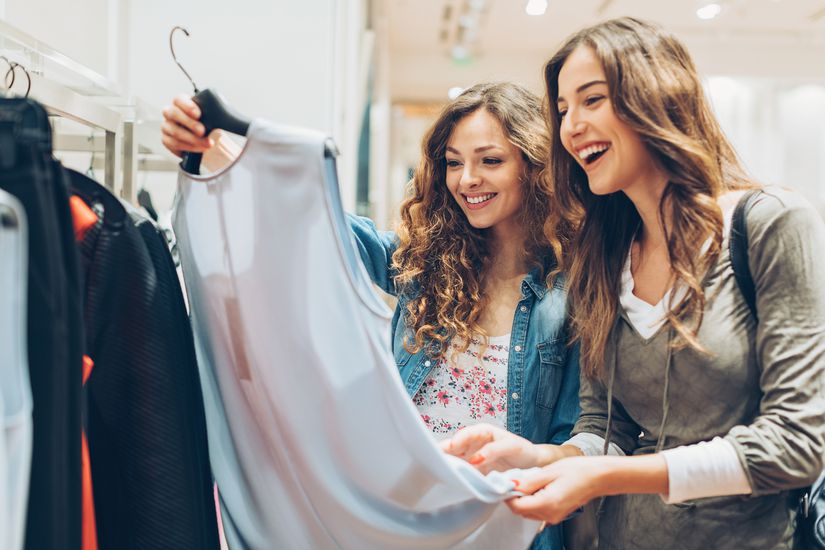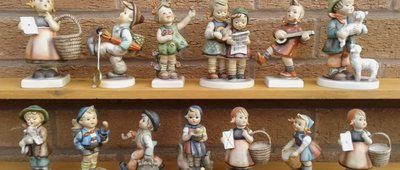Ka-Ching
Americans aren’t great at saving — and it’s not just about low wages or bad luck. According to data from the Federal Reserve, nearly 40% of adults wouldn’t be able to cover a $400 emergency with cash. Meanwhile, credit card debt hit a record high of over $1 trillion in 2023, as inflation continues to squeeze everything from rent to groceries.
And yet, we keep spending. Sometimes out of necessity, sure — but a lot of the time, out of emotion. It’s not always rational. It’s not always pretty. But it’s very human.
So if you’ve ever looked at your bank account and thought, Why did I buy that? — there’s probably a mood behind it.
Here are 10 times you’re most likely to waste money — and regret it later:



















